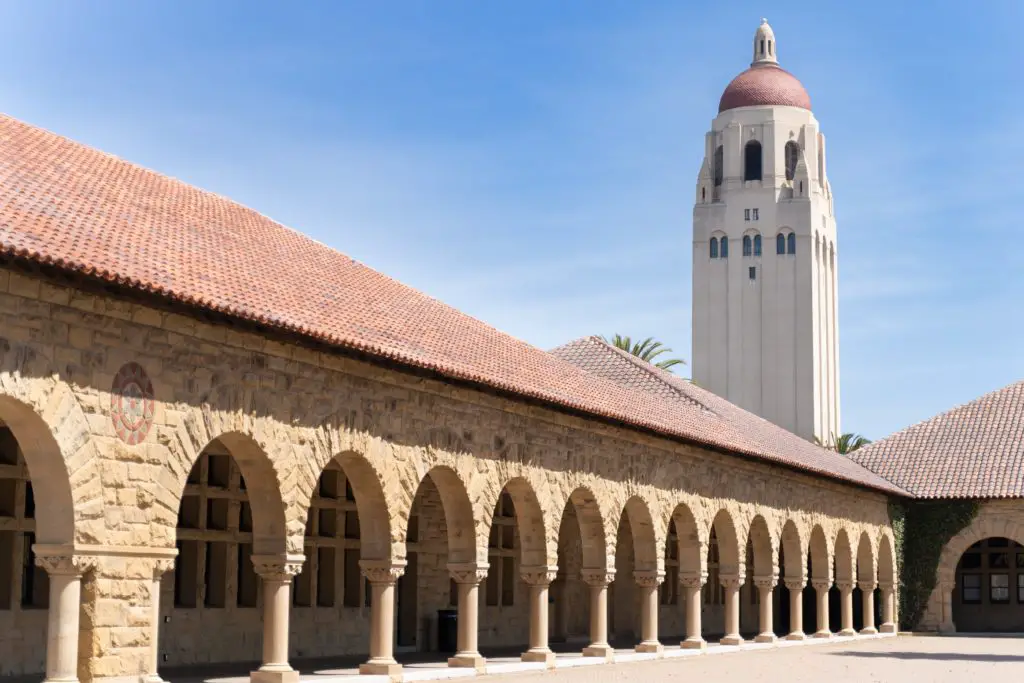Black Americans have historically been restricted access to higher education. Then arose the Historically Black Universities and Colleges (HBCUs), which have provided first-rate education ever since. HBCUs aim to combat injustice and preserve the community. Consider Howard University, Central University School of Law in North Carolina, The David A. Clarke School of Law at The University of the District of Columbia. So, what is the top HBCU Law school?

Students should think of Howard if they want to work in big law. In Florida, the A&M University College of Law is found in Orlando, it is a world-class university whose main intention is to train and prepare students, Central University School of Law in North Carolina was the only university in North Carolina that welcomed black students who were never allowed for higher education up until 1939. However nowadays students of all races are encouraged to be part of the school’s programs. What Is the Top HBCU Law School?
Howard University
Howard University is a school in DC Washington and New York that has many ways for people to get resources and support. To get there, you’d have to be in the top 1% of your class. It doesn’t matter if you merely want to be a lawyer and work in a small/solo practice, as a public defender, or create your own business. Simply obtain good marks. The main difficulty is that all the other HBCUs have low bar passing rates. Howard’s is superior. Law school (and other post-graduate degrees) are a very different ballgame. Try to attend the greatest school you can get into. Some legal schools’ bar preparation was just inadequate.
Are HBCUs competitive?
HBCUs, like other colleges, are extremely competitive. Historically black colleges and universities are often ranked at the highest level based on the following criteria: Enrolment, Rate of graduation, and the most outstanding marching band. Number of Ph.D. ‘s (completed and/or enrolled), ROIs on graduate earnings, The most alumni contribute to the university, Fees and tuition, Sports groups, and the greatest endowment and the royal courts.
Central University School of Law in North Carolina
An excellent choice. This is the only university in North Carolina that welcomed black students who were never allowed for higher education up until 1939. They also offer thirteen legal clinics to address social justice issues. In Florida, the A&M University College of Law is found in Orlando, it is a world-class university whose main intention is to train and prepare students to be transformational forces and resources for the public good. The institution offers excellent education and possibilities to the impoverished community. The internship possibilities available to students, while they are studying, are the highlight of their studies here. These internships will provide students with valuable hands-on experience in the topics. Moreover, renowned lawyers have graduated from FAMU Law, including Arthenia Joyner, who graduated in 1968.
Hampton University
Hampton University’s origins may be traced back to 1861 when courses were held under an oak tree for a group of recently freed slaves, and the institution was formally established seven years later as the Hampton Normal and Agricultural Institute. Booker T. Washington, an educator, and reformer is its most well-known graduate. The university offers almost 100 undergraduate and graduate programs.
Southern University Law Centre
Southern University’s law school has one of the most notable HBCU histories. It all started when African American veteran Charles J. Hatfield III was turned down for admission to Louisiana State University Law School. There are ample chances for a law student to succeed in their law careers. In addition, students in their second and third years may be assigned to one of the school’s seven clinics. This university has all the clinics, including the administrative/civil law clinic, the juvenile law clinic, and the mediation clinic.
In the District of Columbia, is there a HBCU?
The David A. Clarke School of Law at The University of the District of Columbia has an interesting history. In 1972, it was founded. $17,700 in tuition (before aid) 141 on the LSAT to enter the school. It has a 35.4 percent acceptance rate. It needs students with a 2.9 GPA. Apart from its location, the school boasts a great instructional facility. In addition, UDC Law emphasizes practical experience. Students will learn about real-world challenges while working in one of the school’s eight public interest clinics.
Conclusion
In conclusion, the HBCUs have a fundamental mission: to combat injustice and preserve the community. These schools give social power; they have done well in terms of legislation. Graduates have gone on to work for top-tier corporations, become senior attorneys at the Supreme Court, and much more. So, if you study here, you have a good chance of becoming one of our country’s top professional achievers because of the passion and perseverance it takes to be admitted into these schools.
